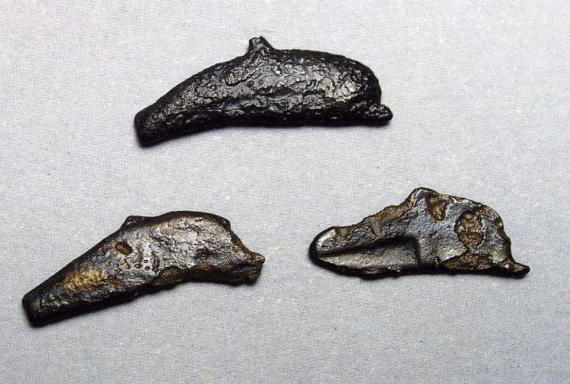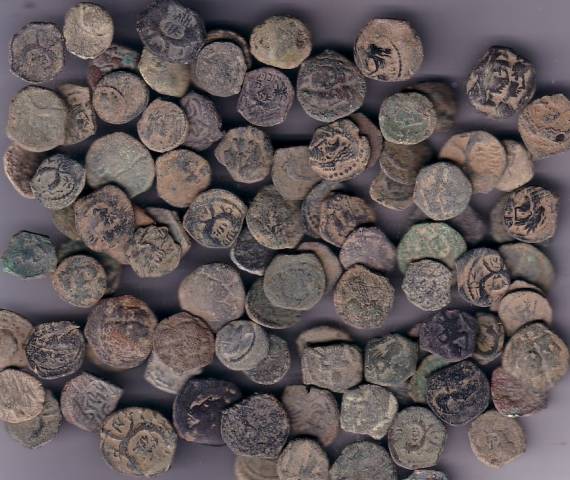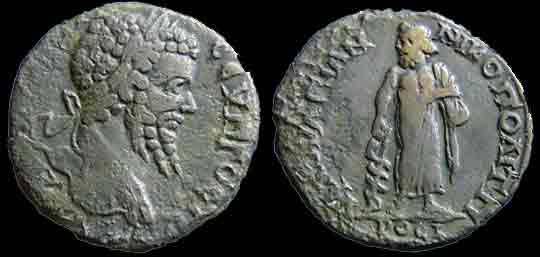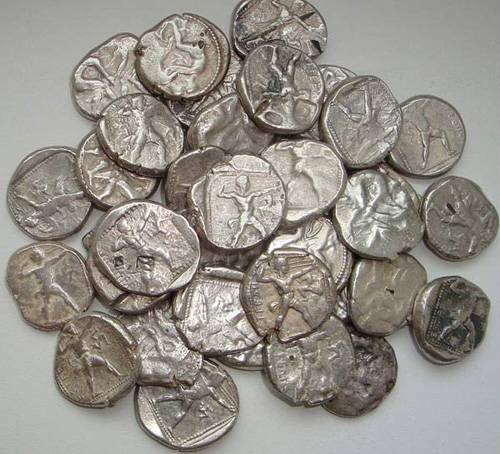Coin cleaning rules
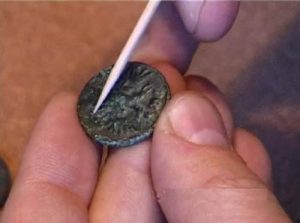 No matter what metal coins are made of, there are a number of general rules that must be observed when cleaning their surface from contamination.
No matter what metal coins are made of, there are a number of general rules that must be observed when cleaning their surface from contamination.
In no case do not immediately dry-clean the coin. Their surface is usually not evenly polluted, and the reagent can react with the metal in areas where there is less dirt, while other areas will still need to be cleaned. Therefore, the mechanical cleaning of the coin is first applied.
To start this process will need water. Pay special attention to the fact that not all water is suitable for cleaning coins.For example, tap water may contain various impurities in the form of magnesium and calcium salts, as well as chlorine. Their effect on the metal can be seen on the spirals of household electric kettles. Therefore, distilled water, which can be purchased in advance at an auto shop or a nearby pharmacy, is best suited. In a pinch, buy plain bottled water at the grocery store.
Put the coin in a container with water and wait until all the dirt has softened and does not move away from its surface. Do not attempt to immediately remove impurities without soaking. The composition of the dirt may include various abrasive substances in the form of fine grains of sand and other solid particles, which, when cleaning the coin to dry, can immediately scratch and damage its surface.
After the big dirt has departed, you can continue further cleaning. Properly do this under a stream of warm water using a toothbrush and ordinary soap. The brush will carefully and effectively clean all hard-to-reach spots on the surface of the coin. In this case, the pressure of the brush should be increased gradually. During this procedure, constantly wash off the soap from the coin and rinse the brush well before increasing the degree of pressure.
Now, thoroughly cleaned the dirt from the coin, you need to degrease. This is required to remove impurities that cannot be washed off with water, such as wax or clear varnishes. As a solvent for degreasing, be sure to use only products of organic origin: gasoline, kerosene, alcohol, white spirit, acetone and other thinners of paint and varnish.
In no case do not resort to the help of modern household cleaners used in the kitchen or in the bathroom. In addition to degreasing components, they contain aggressive chemicals that can simply begin to dissolve the surface of the coin. Before using an organic agent, check its effect on a coin-like metal.
After carrying out the degreasing, it is necessary to gently wipe the coin dry. This is extremely important because many solvents do not evaporate completely. For example, alcohol is not sufficient concentration after evaporation may leave traces of moisture on the coin, which further adversely affect its condition.
And only now, after mechanical cleaning, you can proceed to the chemical processing of the coin.
Attention!!! All the above rules of cleaning do not apply to gold, platinum and palladium coins, as well as coins from any metal manufactured by the technology of proof.
